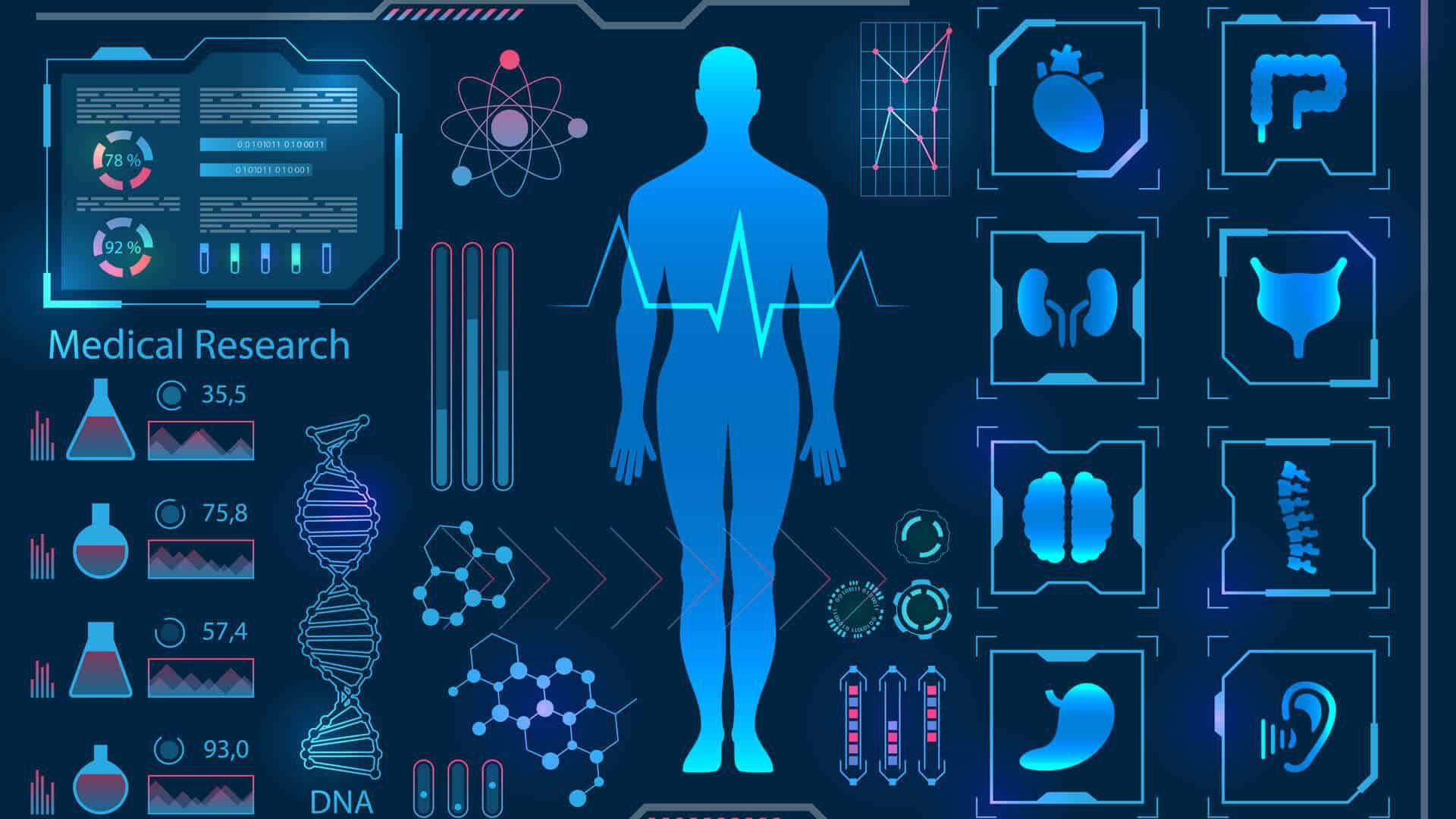
AI’s Leap into the Healthcare Arena: Revolutionizing Diagnostics and TreatmentAI’s Leap into the Healthcare Arena: Revolutionizing Diagnostics and Treatment Artificial intelligence (AI) is rapidly transforming the healthcare landscape, ushering in an era of transformative medical advancements. Its prowess in data analysis, pattern recognition, and decision-making is revolutionizing diagnostics and treatment, empowering healthcare professionals and improving patient outcomes. Enhanced Diagnostics AI algorithms can analyze vast amounts of medical data, including patient history, imaging scans, and laboratory tests, to identify patterns and correlations that are often missed by human physicians. This enables: * Early disease detection: AI can pinpoint subtle signs of disease onset, allowing for timely intervention and improved prognoses. * Differential diagnosis: AI can assist in differentiating between similar conditions, reducing diagnostic errors and facilitating more precise treatment plans. * Prediction of disease progression: AI models can forecast the likely course of disease based on patient data, enabling personalized care strategies and preventive measures. Tailored Treatment AI’s ability to personalize healthcare extends to treatment planning. By analyzing individual patient profiles, AI can: * Identify optimal treatment options: AI algorithms can compare millions of patient cases to find the most effective therapies for specific conditions and individuals. * Personalize drug dosages: AI can calculate precise drug dosages based on patient characteristics, reducing side effects and improving efficacy. * Monitor treatment progress: AI systems can track patient progress and alert healthcare providers to potential complications or the need for adjustments. Other Applications Beyond diagnostics and treatment, AI also finds applications in various other healthcare domains, such as: * Drug discovery: AI accelerates the development of new drugs by identifying potential candidates and predicting their therapeutic effects. * Medical imaging analysis: AI algorithms assist radiologists in detecting and interpreting scans more accurately and efficiently, improving diagnostic accuracy. * Robot-assisted surgery: AI-powered robotic systems provide greater precision and dexterity during surgical procedures, resulting in improved surgical outcomes. Benefits for Patients and Providers The integration of AI in healthcare brings numerous benefits: For Patients: * Improved diagnostic accuracy and earlier disease detection * More personalized and effective treatments * Reduced medical errors and improved patient safety For Providers: * Enhanced decision-making and increased efficiency * More time devoted to patient care and less on administrative tasks * Improved patient satisfaction and loyalty Challenges and the Future While AI holds tremendous promise, it also presents challenges, including data privacy concerns, algorithmic bias, and the need for skilled healthcare professionals who can effectively interpret and utilize AI-generated insights. As AI technology continues to advance, it is expected to play an even more profound role in transforming healthcare. Its potential to improve patient outcomes, reduce costs, and enhance the healthcare experience is immense. By embracing the power of AI, the healthcare industry can create a future where precision medicine, personalized care, and transformative treatments become a reality.
Posted inNews